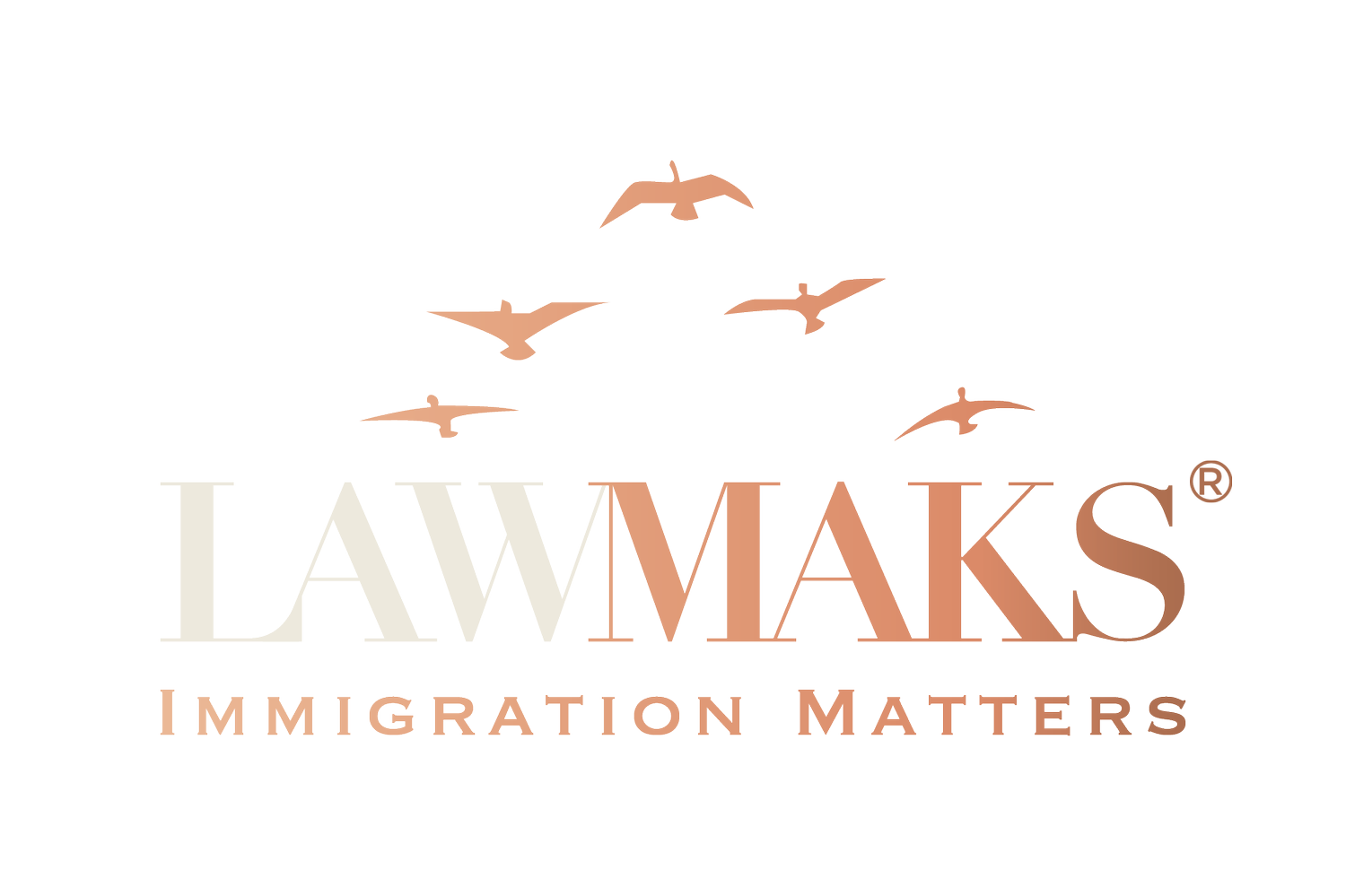Legal Battle Ensues as 21 States Challenge President Biden's Humanitarian Parole Program
A heated legal battle is set to unfold as federal courts prepare to hear arguments regarding the legality of President Joe Biden's Humanitarian Parole program, which he announced earlier this year. Initially introduced in the Fall of 2022 to aid Venezuelan refugees, the program was expanded in January of 2023 to include Cuba, Haiti, and Nicaragua, in response to the unstable political and environmental conditions in those regions.
However, the program has faced significant opposition from 21 Republican-leaning states, who have filed a lawsuit against the federal government, alleging that the program is "unlawful" and that President Biden has effectively created a new visa program without the necessary legislative approval from Congress.
Under the program, up to 30,000 individuals from the aforementioned countries can be granted entry into the United States for urgent humanitarian reasons or significant public benefit. Beneficiaries of the program are permitted to stay in the country for a maximum of two years, provided they have a financial sponsor and undergo thorough background checks.
While the program is currently being defended by various immigrant rights groups, the lawsuit filed by the Republican states specifically objects to the use of humanitarian parole for migrants from Cuba, Haiti, Nicaragua, and Venezuela. Notably, the lawsuit has not raised any concerns regarding the program's utilization to grant entry to tens of thousands of Ukrainians when Russia invaded.
As the legal battle unfolds, the outcome of this case will have far-reaching implications for the future of the Humanitarian Parole program and the individuals it seeks to assist.
PLEASE NOTE:
This content of our website is for educational purposes only and does not constitute legal advice or the formation of an attorney-client relationship.
Legal advice must be obtained for specific questions from your immigration lawyer after formal engagement (i.e. signed contract with your lawyer).

